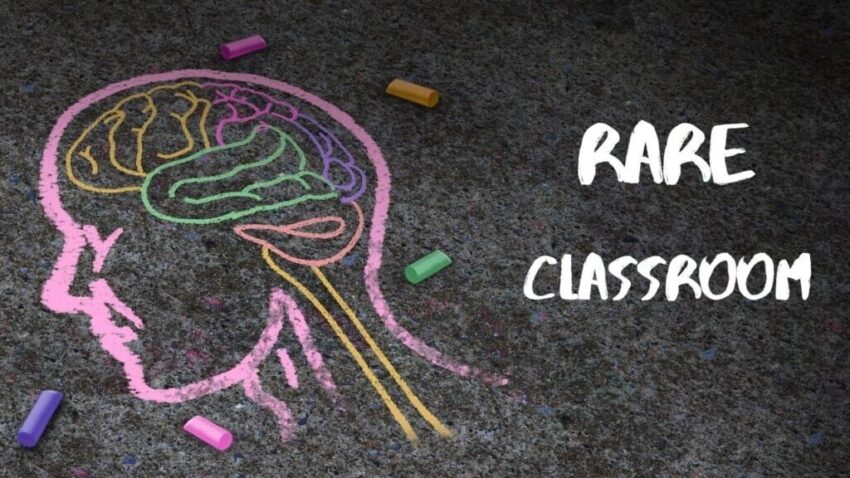Welcome to the Rare Classroom, a new series from Patient Worthy. Rare Classroom is designed for the curious reader who wants to get informed on some of the rarest, most mysterious diseases and conditions. There are thousands of rare diseases out there, but only a very small number of them have viable treatments and regularly make the news. This series is an opportunity to learn the basics about some of the diseases that almost no one hears much about or that we otherwise haven’t been able to report on very often.
Eyes front and ears open. Class is now in session.

The disease that we will be learning about today is:
Rumination Syndrome
Also called merycism.
What is Rumination Syndrome?
- Rumination syndrome is a condition characterized by chronic regurgitation of meals soon after consumption
- This is caused by involuntary contraction of the abdominal muscles
- This regurgitation is distinctly different from regular vomiting
- The syndrome can have serious impacts on the regular function and daily life of patients
- Research is limited due to low rates of diagnosis and many patients are unlikely to discuss their condition with others
- Misdiagnosis as similar but distinct conditions, such as bulimia or gastroparesis, is also common
How Do You Get It?
- The cause of rumination syndrome isn’t understood
- Young children, infants, and people living with cognitive disability are more likely to be affected
- However, in recent years, a greater number of otherwise healthy individuals are being diagnosed
- Depression may be a risk factor
- In infants and the cognitively impaired, some studies have linked the syndrome to under or overstimulation
- Rumination syndrome has also been characterized as habit-induced or trauma-induced
- Habit-induced includes cases of people with a history of bulimia or self-induced regurgitation which then becomes involuntary
- Trauma-induced is linked to a triggering injury, medical emergency, or emotionally traumatic experience
What Are the Symptoms?
- The defining symptom of rumination syndrome is the regurgitation of recently consumed food
- In some instances, this only happens occasionally, but most patients experience regurgitation after every meal or act of ingestion
- Sometimes, the regurgitation happens in small amounts over time and can be easily re-swallowed, but others experience a much more sudden event that must be expelled
- Some patients find that certain foods or beverages don’t trigger a response
- In most cases, regurgitation begins within an hour after consumption
- This regurgitation occurs with little effort or other effects associated with typical vomiting
- Nausea, odor, abdominal pain, heartburn, or unpleasant retching typically do not occur during regurgitation, but may occur at other times
- Other symptoms that can appear may include:
- Bloating
- Nausea
- Abdominal discomfort
- Tooth decay
- Constipation
- Lack of fecal production
- Bad breath
- Weight loss
How Is It Treated?
- While there is no cure for rumination syndrome, treatment can be largely effective
- Treatment approaches vary between otherwise healthy individuals and in cognitive impaired people or infants
- Behavioral training and mild aversion training is the most common approach for infants and cognitive impaired people
- Normal eating behavior is encouraged and rewarded while regurgitation is associated with negative consequences, such as placing a bitter or sour taste on the tongue when signs of regurgitation begins
- In otherwise healthy people, diaphragmatic breathing can be used to reverse the regurgitation impulse
- The approach can result in improvement in 56% of cases and the resolution of symptoms in 30%
- Most infants grow out of the order, sometimes with the help of aversion training
Where Can I Learn More???
- Check out our cornerstone on this disease here.








